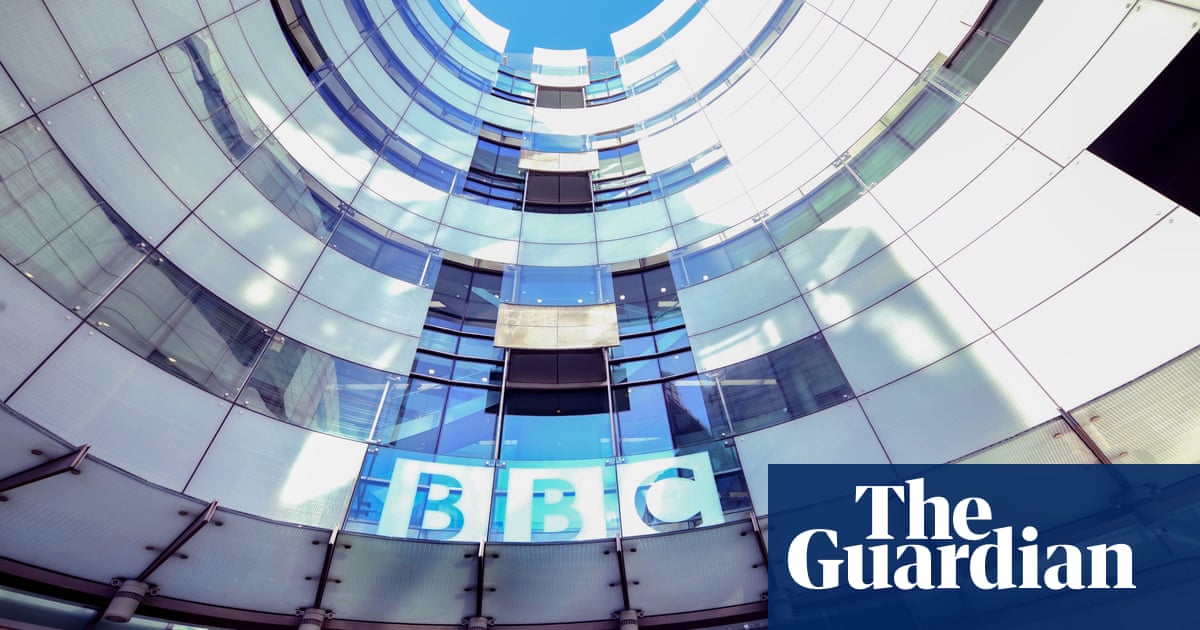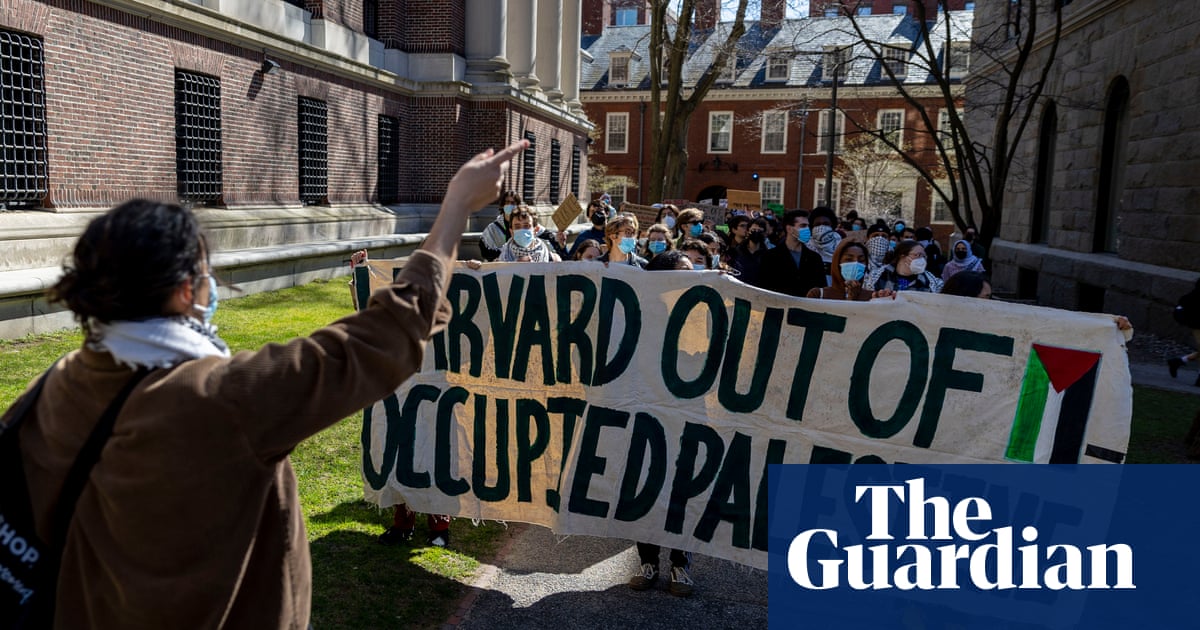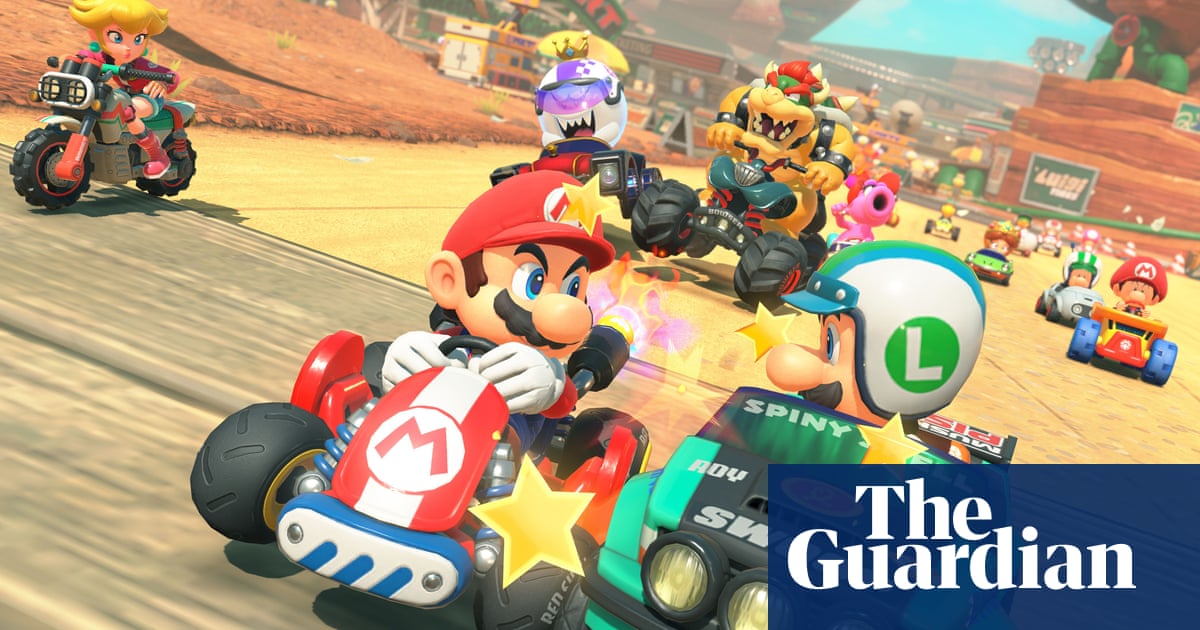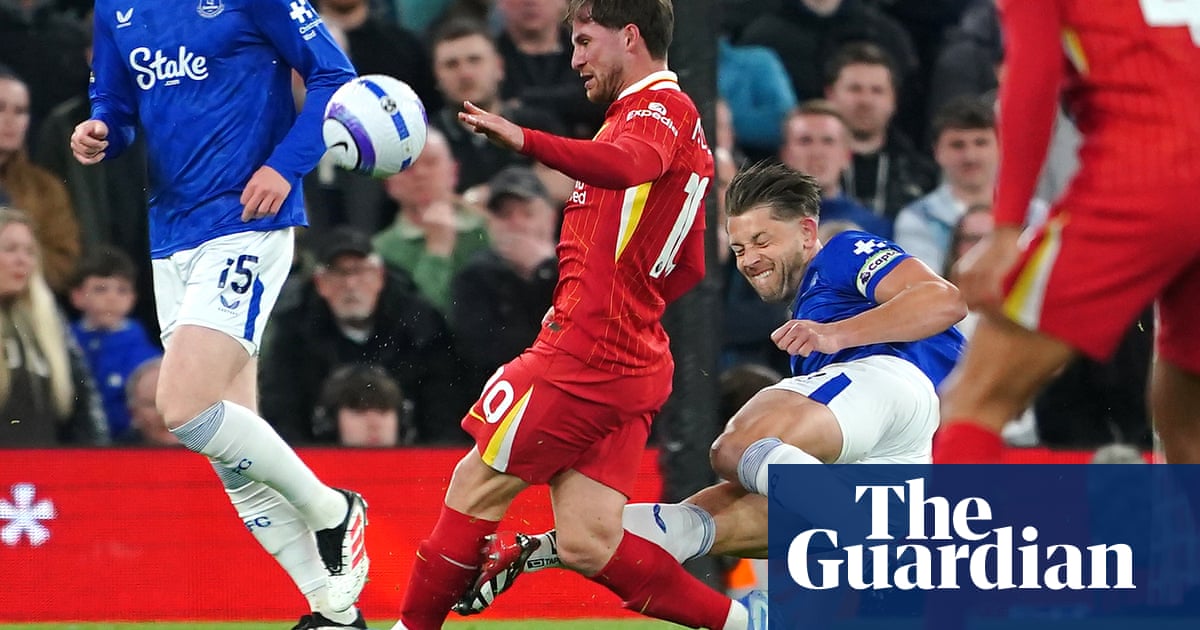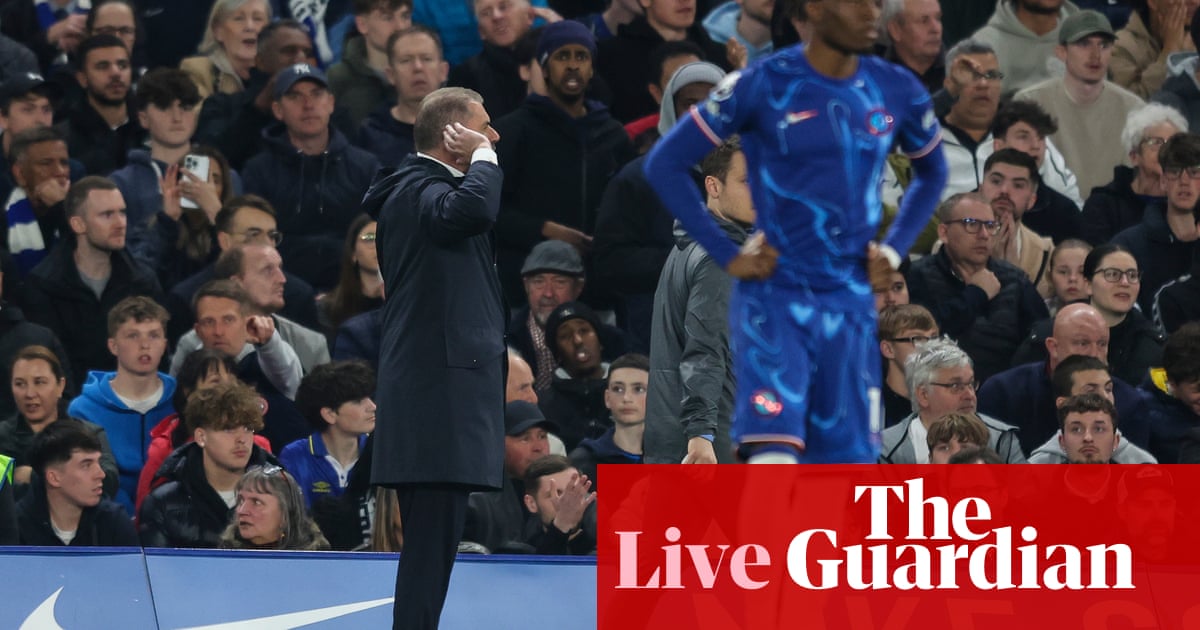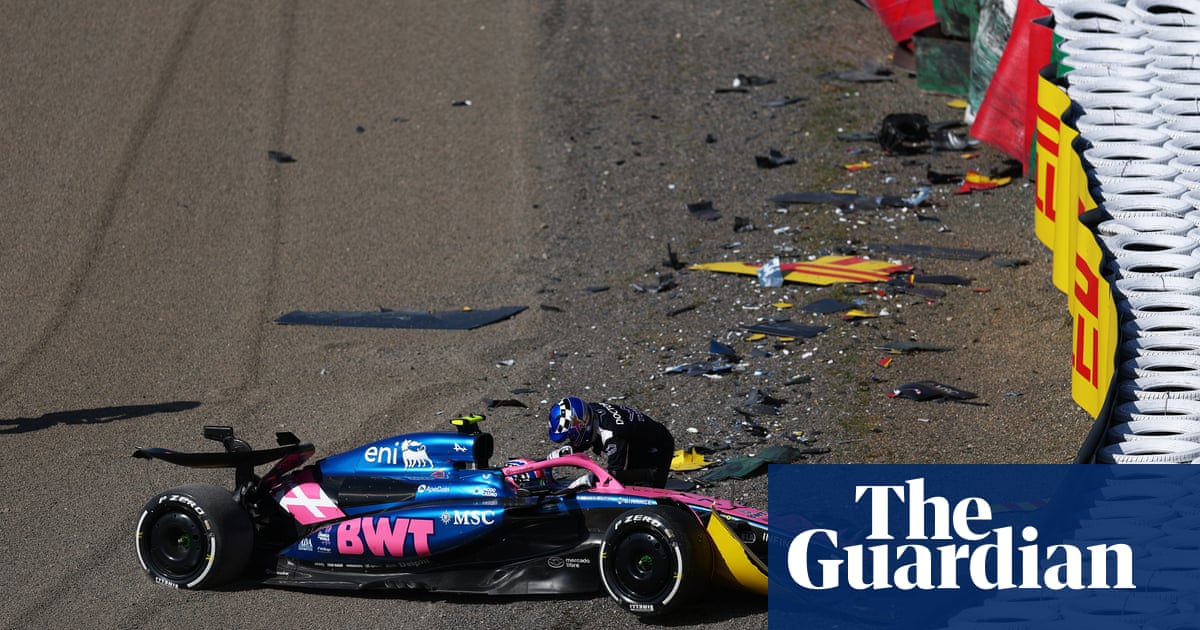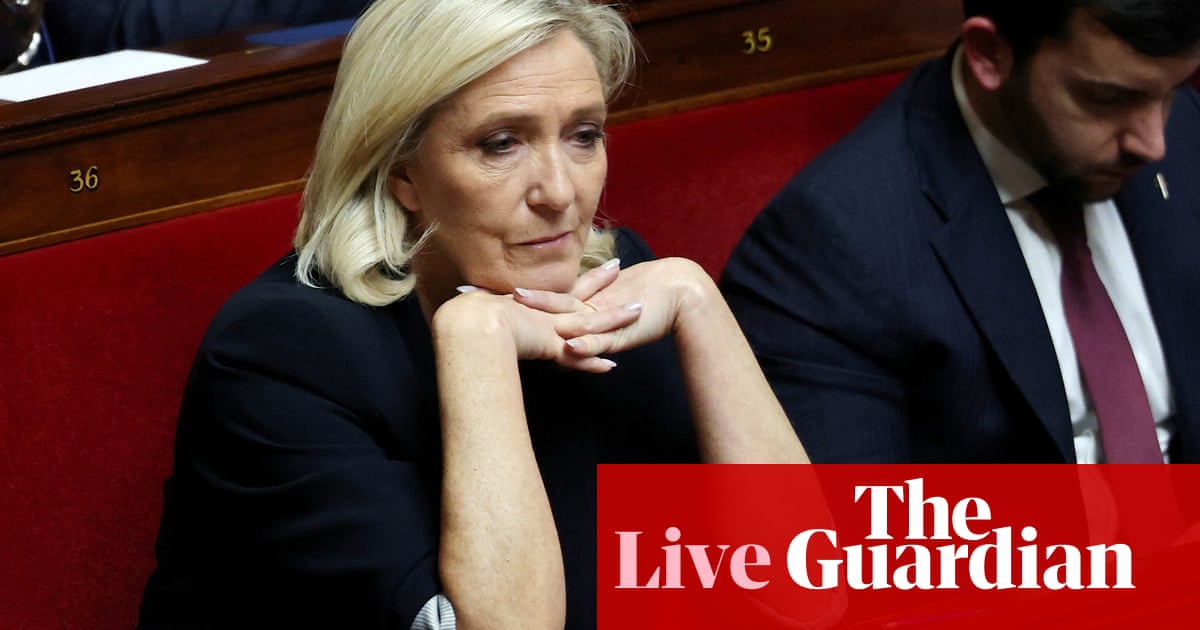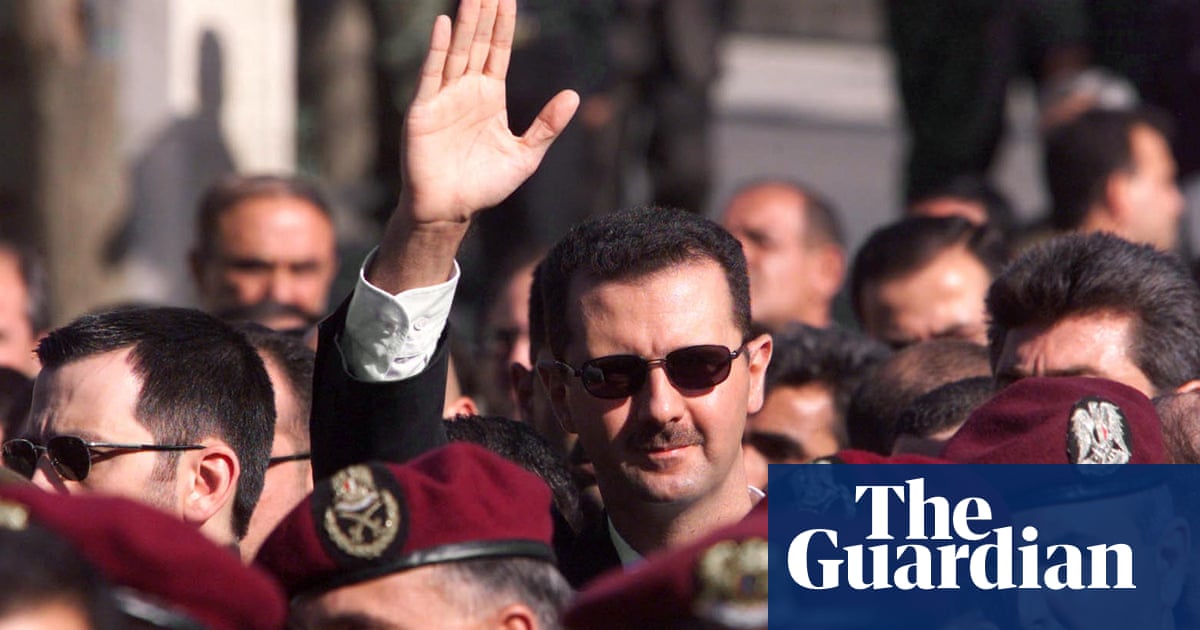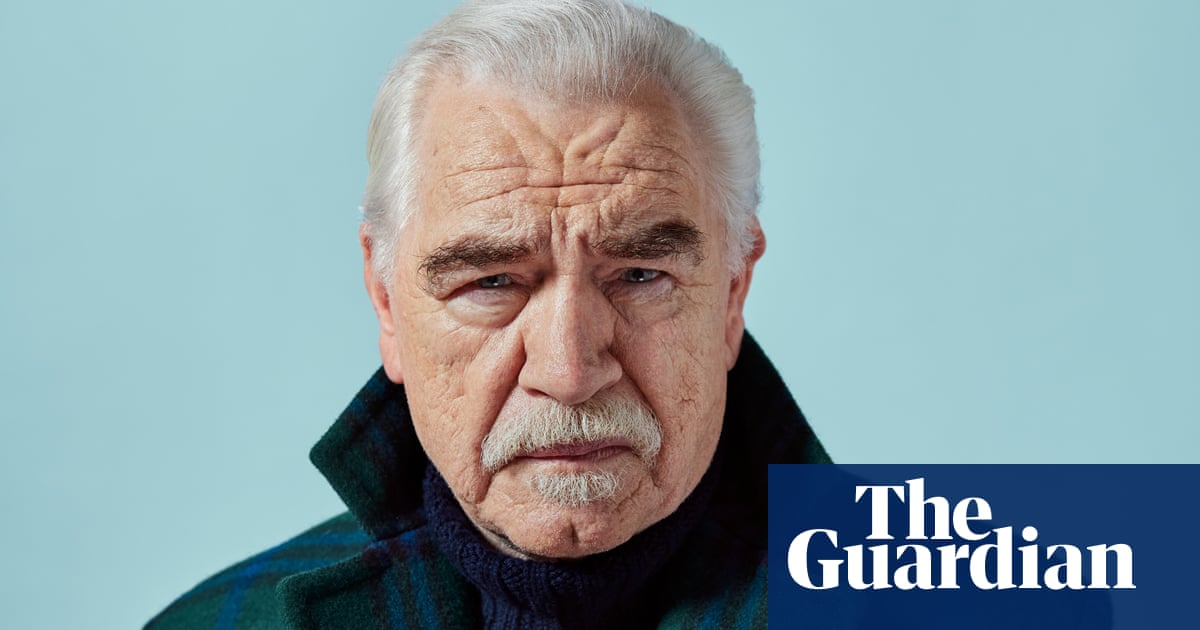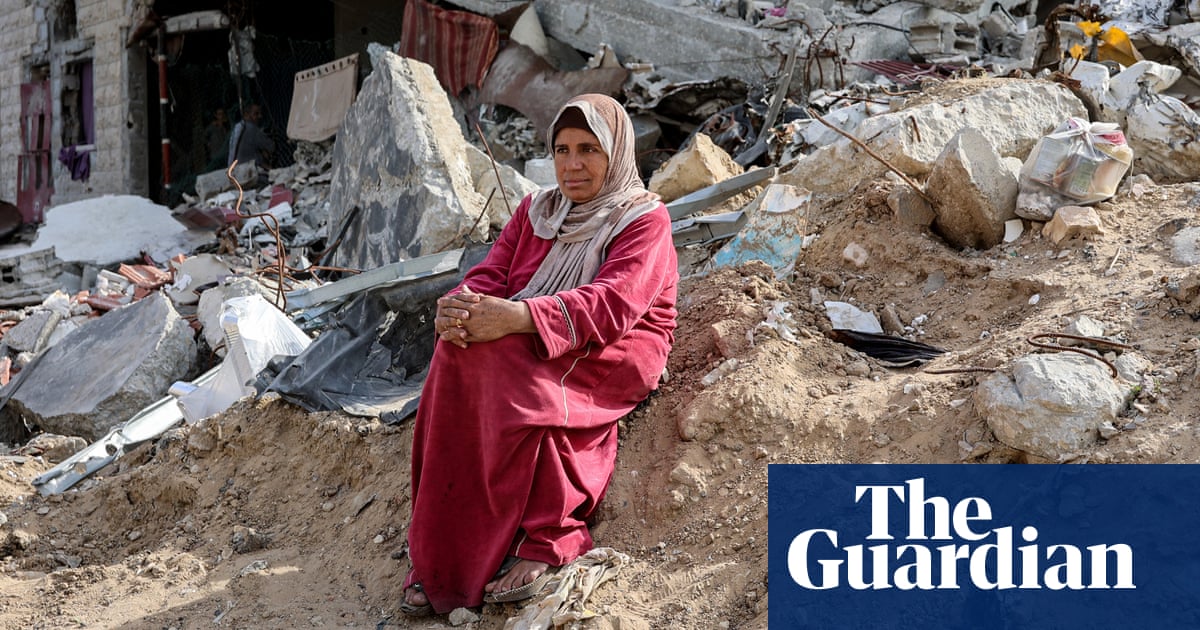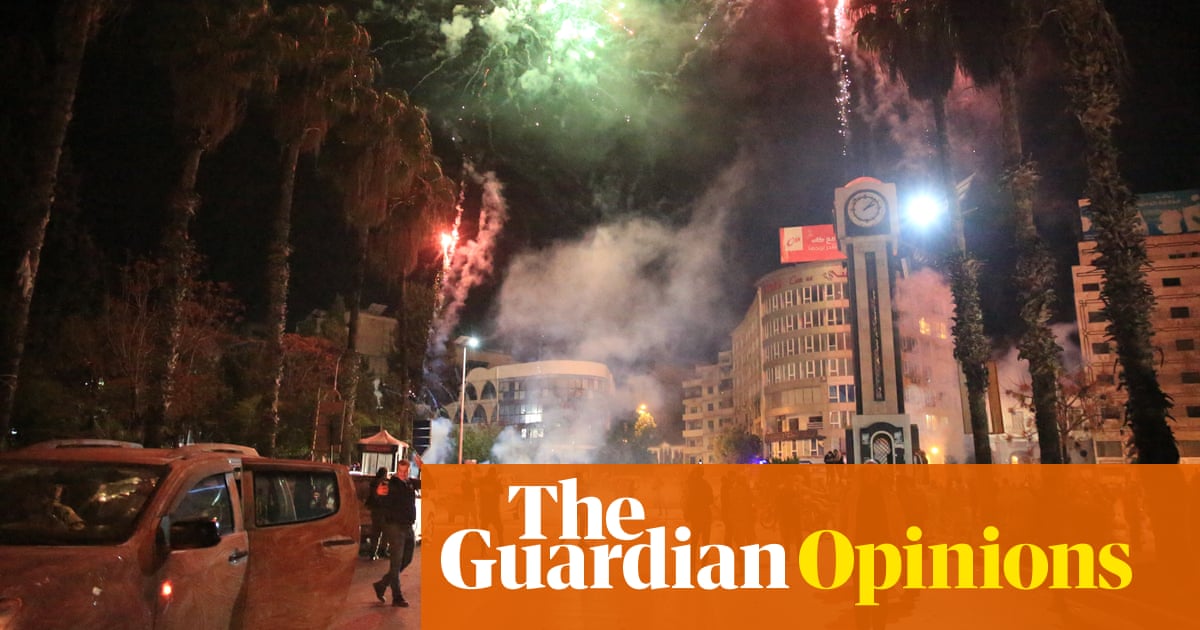The greatest trick the devil ever learned was to overwhelm the critical capacities of those who would hold him to account. Use the word “garbage” once and there is a mass outbreak of close reading, drilling into the true meaning: did he say “supporters” or “supporter’s”? Be a convicted felon who splurges out insults and non sequiturs constantly, though, and the response becomes too disparate, too unfocused, moving always to the next outrage so that none ever quite sticks.
Saudi Arabia will be awarded the right to host the 2034 World Cup on Wednesday. There may not even be a vote, just the applause of acclamation. Lise Klaveness, the Norwegian Football Federation president, has been an admirably consistent critic of Gianni Infantino, and last month raised a number of questions about the bidding process for 2034, but there seems little even she can do now. Other Scandinavian federations, the only vague locus of resistance, seem already to have accepted the inevitable. When there is only one option available, what else can you do?
But it’s worthy recapping why there is only one option. Fifa regulations – quite reasonably – state that after a confederation has hosted the World Cup, it cannot host either of the following two. The 2026 World Cup will be co-hosted by the USA, Canada and Mexico, taking Concacaf out of the running. The 2030 World Cup will be co-hosted by Spain, Portugal and Morocco, with a token three games to be played in Uruguay, Argentina and Paraguay in acknowledgment of the centenary of the first World Cup, which was staged in Uruguay. That removed Uefa, Caf and Conmebol, meaning 2034 had to go to either Asia or Oceania.
On 6 October last year, without warning, Fifa opened the bidding process, giving potential hosts 25 days to submit their bids. Putting together a bid takes months: at the most basic level, stadiums have to be selected, logistics considered, construction funded, planning permission secured. That does not take 25 days. Happily, Saudi Arabia had their bid document ready to go. Australia, which might have been interested in hosting, saw which way the wind was blowing and didn’t bother entering a race it had no chance of winning.
Still, though, there was Fifa’s rigorous vetting process for the Saudis to negotiate. AS&H Clifford Chance, which is based in Riyadh, was contracted to put together an “independent human rights context assessment”. Amnesty International described the report as “a whitewash” that ignored certain issues while making selective use of UN investigations that highlight the widespread practice of torture in prisons, that women and girls who allege sexual abuse often themselves face criminal charges, and complaints over worker rights.
That last point seems especially apposite in the light of the report by Fifa’s subcommittee on human rights and social responsibility which was published last week. Even though it concluded Fifa had a responsibility to recompense those who suffered loss as a result of employment on World Cup construction projects, the governing body has declined to pay compensation.
Reports anticipating that the situation will be even worse in Saudi Arabia given the scale of construction seem essentially to have been ignored. About 21,000 Indian, Bangladeshi and Nepalese workers have died in Saudi Arabia since 2016: as work begins on a fleet of new stadiums and associated infrastructure, including 185,000 hotel rooms, that figure is not going to decrease. The kafala system of labour sponsorship that was eventually abolished in Qatar – at least in law if not in practice – pertains, while trades unions are banned and labour laws rarely enforced, leading to the widespread exploitation of migrant workers.

Fifa’s own report into the Saudi bid managed to rate the human rights risk as “medium” – which makes you wonder what on earth “high” would look like. Amnesty describes the situation as “dire” and having deteriorated under Mohammed bin Salman, who, as crown prince, “has presided over a soaring number of mass executions, torture, enforced disappearance, severe restrictions on free expression, repression of women’s rights under the male guardianship system, LGBTI+ discrimination and the killing of hundreds of migrants at the Saudi Arabia-Yemen border”.
Fifa gave the Saudi bid a record-high mark of 419.8 out of 500, possibly the least plausible figure issued by an official body since Enver Hoxha’s Communists won 1,627,959 of 1,627,968 votes cast in the 1982 Albanian election. Their stadiums were rated the same as those for 2026, a remarkable achievement given 11 of Saudi Arabia’s don’t actually exist yet.
after newsletter promotion
All of which raises the obvious question of why. The Saudis get to host the World Cup as part of their more general soft-power investment in sport, but what does Fifa get in return? Last week Infantino announced that streaming rights for next summer’s Club World Cup, his pet project designed to wrest at least some control of the club game and its resources away from Uefa, have been bought by Dazn for $1bn, so that every match will be broadcast live and for free. That is a figure industry insiders suggest is significantly higher than the market rate (Fox offered only $10m for the US rights).
Dazn has posted losses of at least £1bn each year since 2019 but recent reports have suggested the Saudi Public Investment Fund is preparing a $1bn bid for 10% of the company. And so Dazn would become a platform to promote Saudi investment in sport, while also bailing out the Club World Cup, which has been in desperate need of an injection of cash. Infantino and Saudi Arabia win; football and human decency loses.
The World Cup was established by Jules Rimet, a romantic who set up his own club in Paris in response to the papacy’s suggestion that sport be used to alleviate “misery and wretchedness” and believed “sport could unite the world”. It took only four years and the intervention of Italy’s dictator Benito Mussolini to suggest how naive that was. But the World Cup has never seemed quite so far from Rimet’s ideals as it does now, simultaneously the greatest sporting festival on the planet, and a tawdry commercial machine run at enormous human and environmental cost for the benefit of torturers, murderers, exploiters and the unquenchably greedy, scrutiny stymied by the sheer variety of outrage.

 3 months ago
57
3 months ago
57

